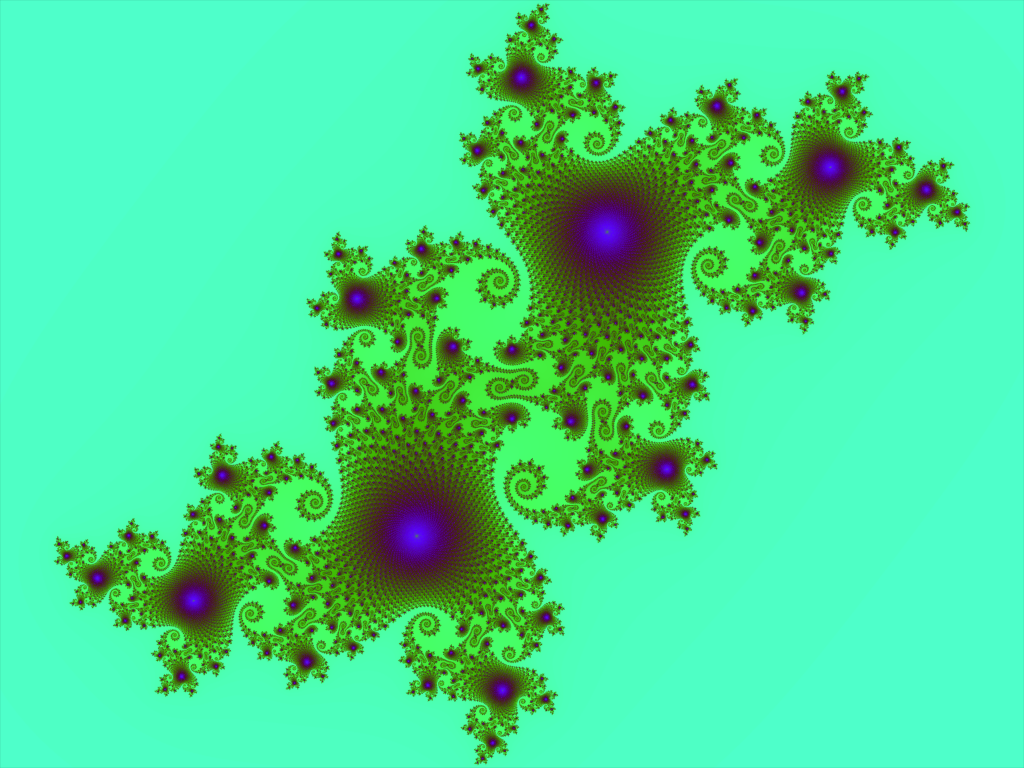 Some mathematical proofs are beautiful, for instance the classic proof of the infinitude of the primes (if there are only finitely many primes, multiply them together and add one; the result isn't divisible by any prime, but that's absurd). Some mathematical objects are beautiful, like certain fractals. But additionally, it is striking that some mathematical facts are beautiful. Often they are particularly surprising. The Euclid-Euler theorem states a lovely and surprising connection between Mersenne primes and even perfect numbers. It is very surprising that there are only five Platonic solids, and the fact that it is is beautiful.
Some mathematical proofs are beautiful, for instance the classic proof of the infinitude of the primes (if there are only finitely many primes, multiply them together and add one; the result isn't divisible by any prime, but that's absurd). Some mathematical objects are beautiful, like certain fractals. But additionally, it is striking that some mathematical facts are beautiful. Often they are particularly surprising. The Euclid-Euler theorem states a lovely and surprising connection between Mersenne primes and even perfect numbers. It is very surprising that there are only five Platonic solids, and the fact that it is is beautiful.
Grammatically, though, there is something a little odd about a fact being beautiful. Facts don't seem to be the right sorts of things to be beautiful. It is rather the things that the facts are about that are beautiful. So perhaps it is the mathematical objects that make true the facts that are the real beauties?
But some lovely mathematical facts are facts that something doesn't exist, like a certain kind of decision procedure or a finite noncommutative division ring.
There is a nice theistic story here. The truthmaker of mathematical truths is God (say, God's mind or God's power). So the beauty of mathematical facts is more properly the beauty of God. Isn't it striking that a theistic account of mathematics can account for the ontology, epistemology and aesthetics of mathematics?
Are you sympathetic towards the argument from Mathematics for the existence of God? Just curious.
ReplyDeleteYoel Schaper, Linden NJ
That's basically the upshot of the last paragraph. :-)
ReplyDelete